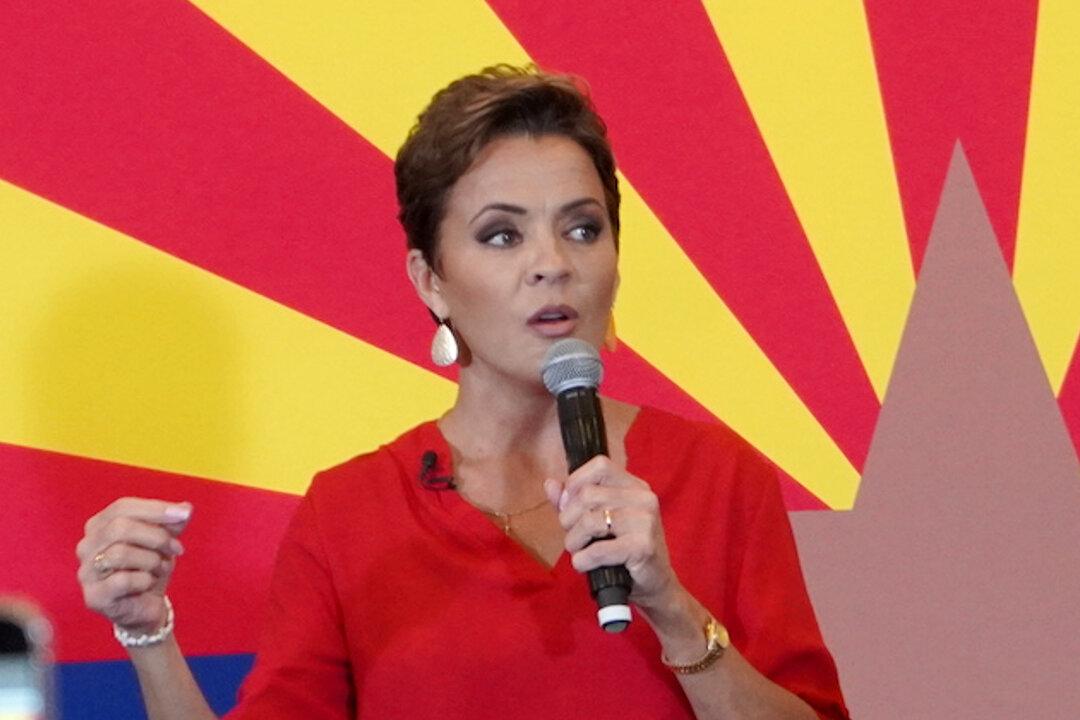The Arizona Court of Appeals agreed to expedite consideration of Republican gubernatorial candidate Kari Lake’s lawsuit alleging that the 2022 election was flawed.
In a brief order, issued on Jan. 9 and made public the next day, the court ordered a reset of “the matter for conference on February 1, 2023,” and agreed with Lake’s arguments that her challenge should be handled as a “special action petition.” The court date was reportedly scheduled for March.





